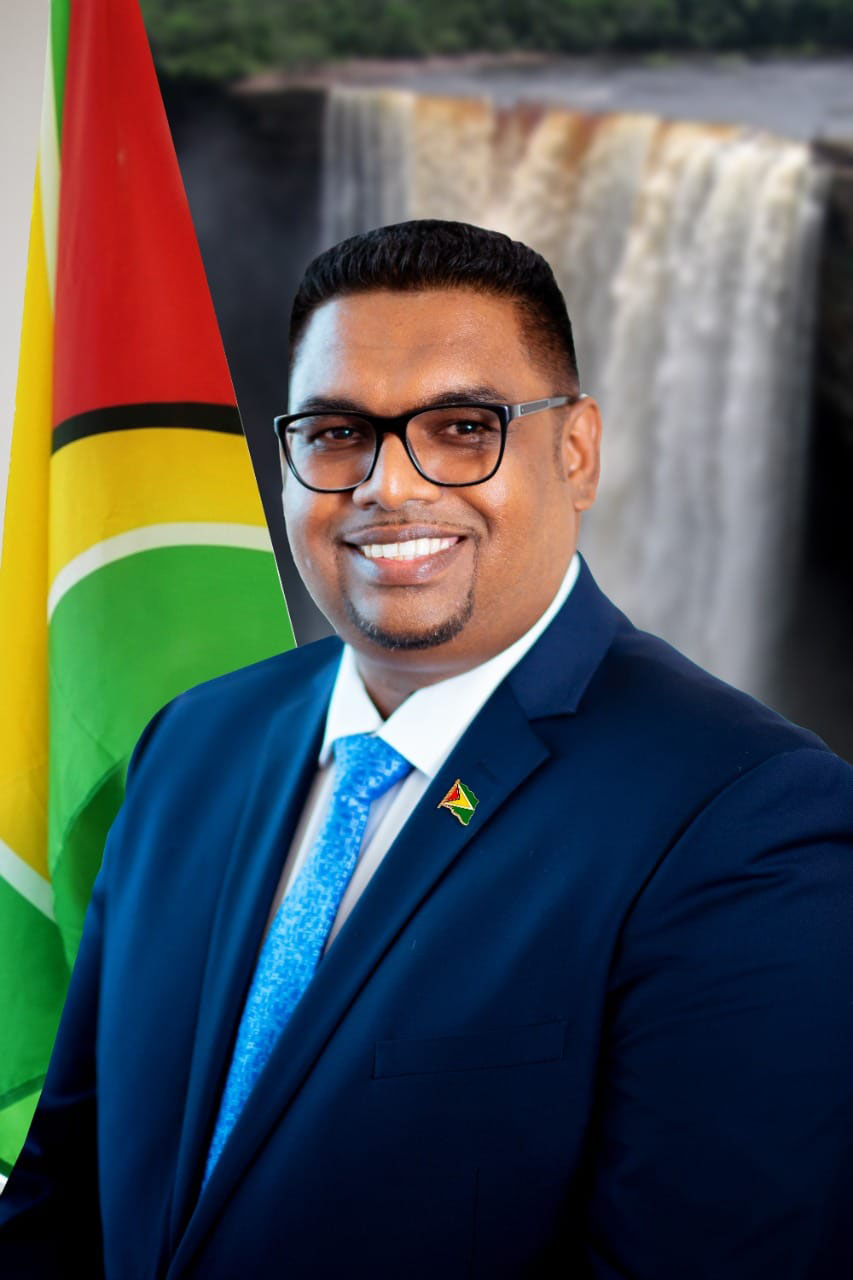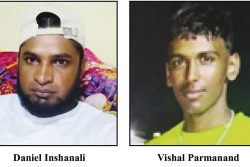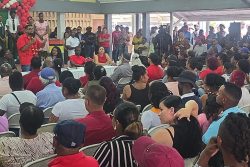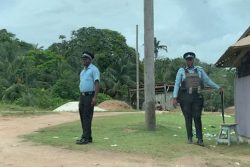As the country’s economy continues to grow from the oil and gas business, President Irfaan Ali yesterday implored the private sector to join with government and focus especially on diversification into agro-processing and aquaculture to avoid the Dutch Disease.
“Again I am throwing out a challenge to the private sector,” Ali yesterday said as he listed areas in agriculture and other developments his government has been working aggressively on since taking office in August last year.
The Guest Speaker at the Private Sector Commission’s (PSC) Annual General Meeting, Ali said that government wants the body to continue to partner with it as they reach the masses at the community level, building on the skills and the potential citizens have to create an agriculture sector envied by the region and the world.
He assured that government was not sending the business body out alone as it will build the infrastructure needed to complement the investments so that they are feasible.
Ali pointed to projects to improve connectivity such as the construction and rehabilitation of a number of roads with links to farms and markets, and new highways in far-flung areas.
“But it is not just the construction, it is what they are linked to. It is not only about the reduction of traffic and travel time. If one was to analyse the man-hours we lose every day with people stuck in traffic…it has a great impact on productivity,” he said.
When it comes to the opening of lands countrywide, particularly for agricultural purposes, he said, “We have made it very very clear that we are opening up new lands and we want the PSC to be spearheading the transformation…”
“Aquaculture is the huge area of opportunity. Reach out, talk to the embassies. Let them link you up with investors from other countries. Take the lead! Take the initiative, and the government will support you in putting in the infrastructure. It is our aim to be a major player in the aquaculture business,” he said while pointing to the demand for farmed produce.
According to Ali, government is already working with poultry farmers to not only see that their production percentages increase but also providing opportunities for local farmers to supply grains needed to make feed for the poultry right here.
“We are presently cooperating with the poultry industry in supporting backward and forward linkages. We are putting in infrastructure. We are putting in a drying facility. We are ready to make the investment that would propel this industry in a way that it is itself sustainable. The objective is to have all the grains that is required for the feed to be produced locally. The benefit of this is enormous.
“We want to get into value-added. We have moved away from the fiscal incentives alone and are supporting this sector investing with them to become competitive and self-sufficient. We are also working aggressively in breaking down the barriers within CARICOM itself, so that the market can be expanded. We are also supporting the farmers in that push,” he said.
And where there were complaints by farmers of the large production of peppers and other produce that sometimes go to waste, “government is now helping (to build) a processing facility processing and canning; working with the private sector again,” to ensure value added, he said .
Ali announced that soon a programme between government and the private sector to boost and enhance this country’s production of swamp shrimp will be launched.
“Swamp shrimp production will be enhanced, which has a niche market in the diaspora. Again creating wealth at the community level in partnership with the private sector,” he said.
“We will support the farmers in Pomeroon with the purchase of pontoons and excavators for the opening up of lands. This is the time of real partnership that is ongoing with the government and the PSC over the last seven months. I am not talking about the hotels, the manufacturing, the industrial development or the oil and gas sector. I am showing how (in) food production and agriculture we are working to increase our competitiveness,” he said.
The President urged the private sector to examine ways how “we work together to create Guyana as a hub and bring in business”.
“We will be putting out special incentives for the manufacturing (sector)…. that would give you a competitive edge. But we have to stop thinking from a compartmentalised way; that everything evolved around yourselves and understand what these types of investments will bring,” Ali said.
“We are ready to work with you,” he added.
The Dutch Disease, which the President adverted to, refers generally to the condition where newfound wealth, like oil, leads to the appreciation of local currency and a corresponding drop in export competiveness and the loss of jobs to other countries.









